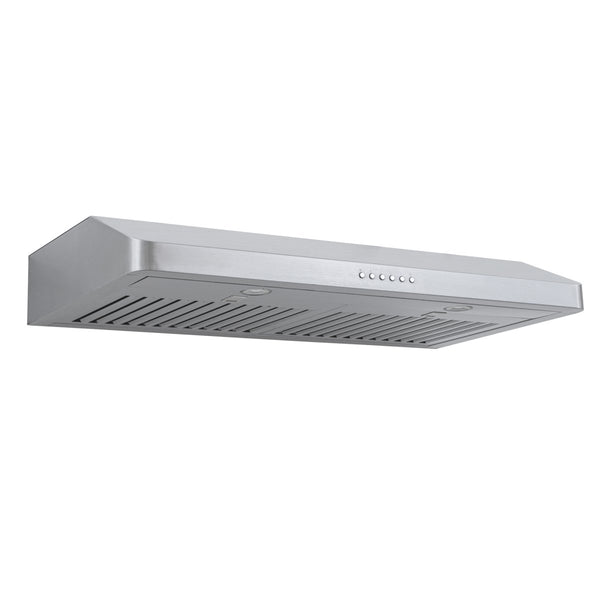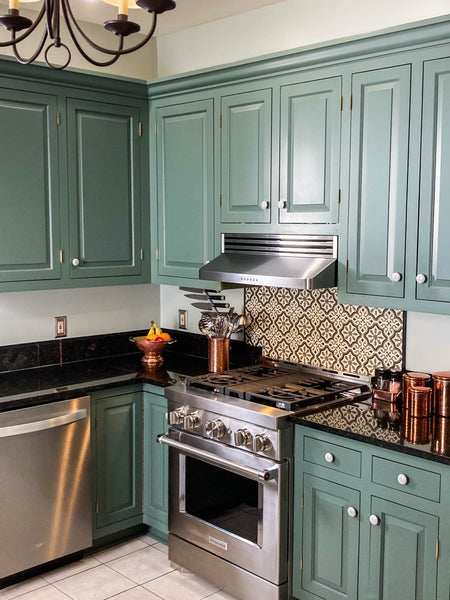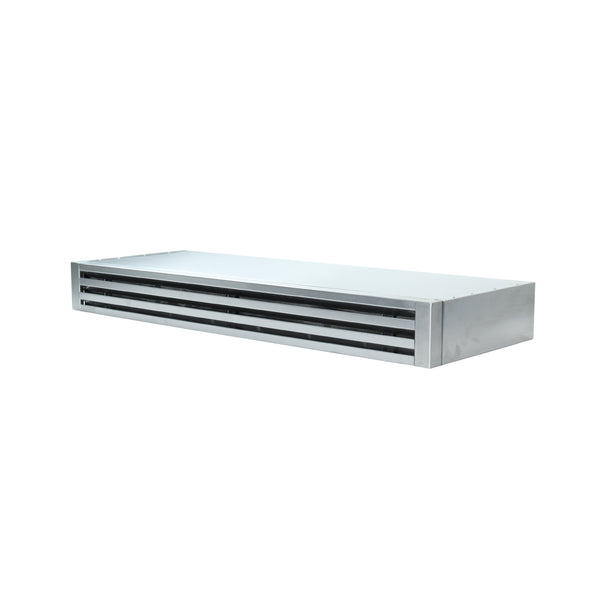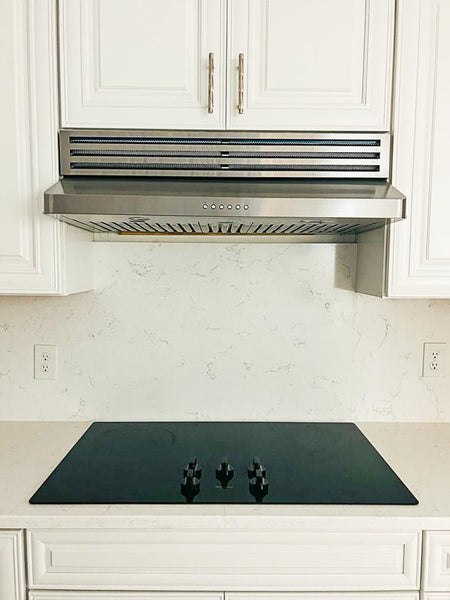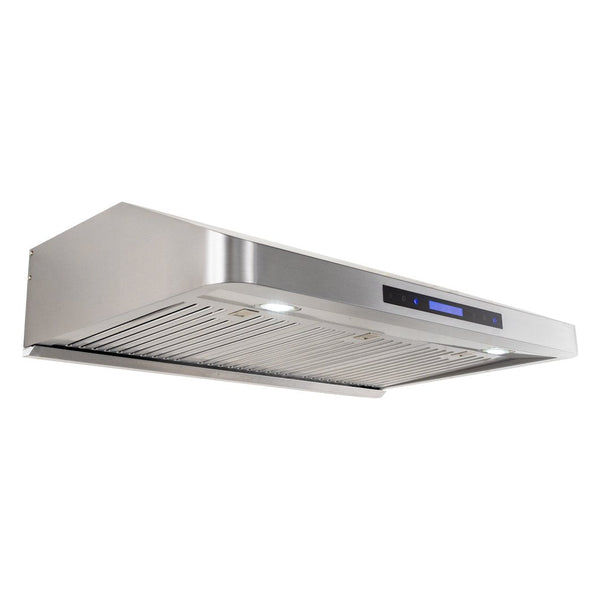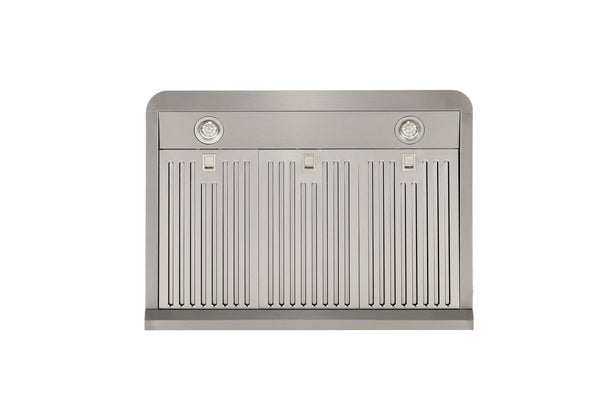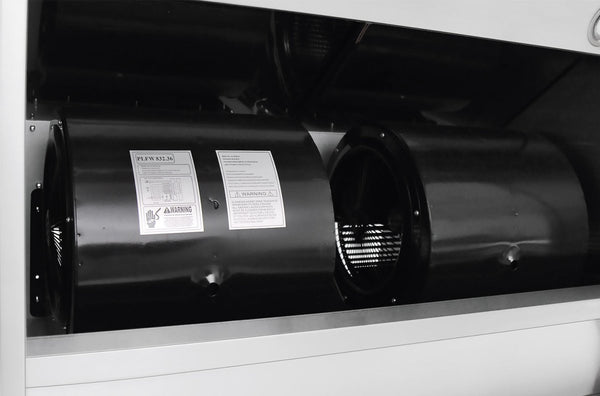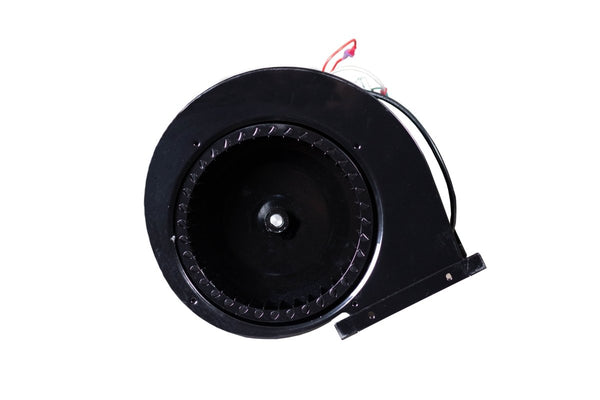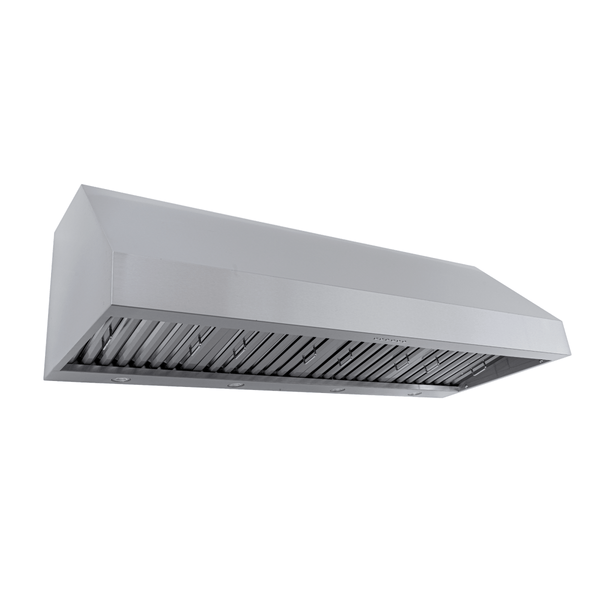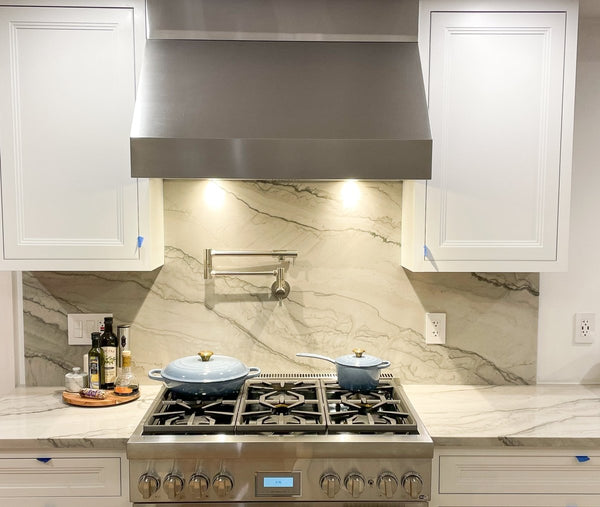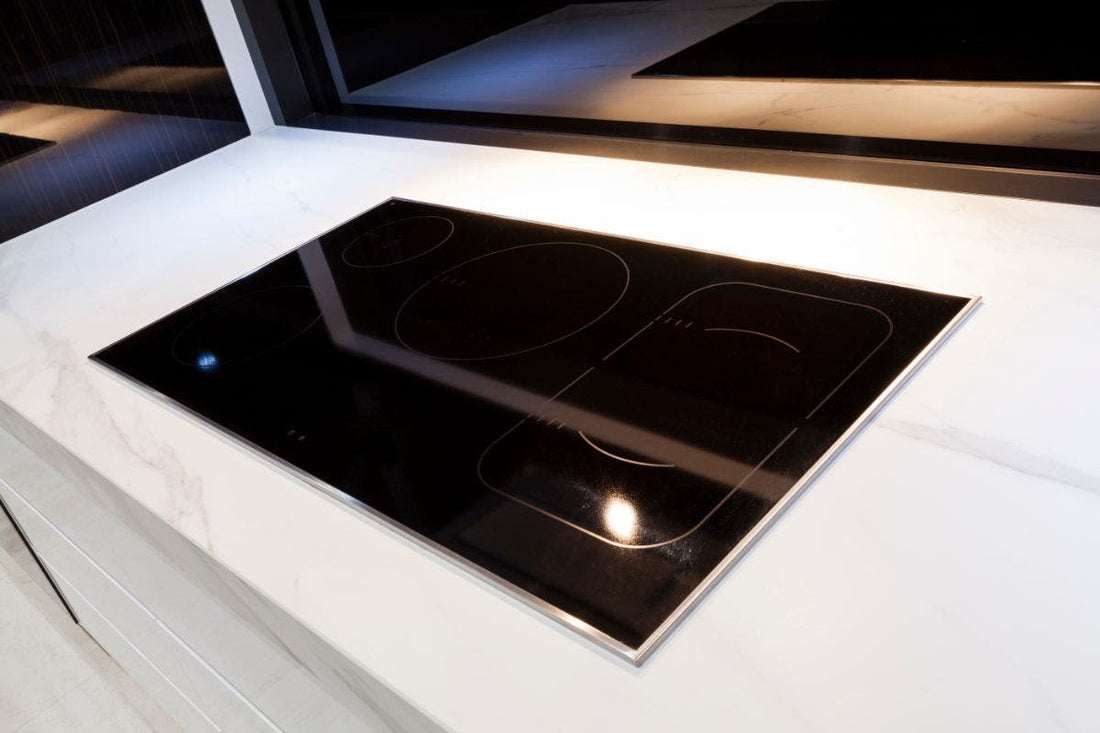Do Induction Cooktops Scratch Easily? - Induction cooktops have so many benefits, including how quickly they can cook food, how easy they are to clean, and most importantly, how safe they are for households that have young children and pets in them.
However, if you are thinking about having an induction cooktop you may be concerned about scratches forming on the surface.
This concern can simply be cosmetic or functional. Thankfully, induction cooktops are designed to be fit for purpose and shouldn’t scratch easily.
However, it is possible for the cooktop to become scratched during its lifetime. In this article, we will look at what can cause scratches on induction cooktops, how to prevent them, and how to deal with them when they occur.
What Can Cause Scratches On Induction Cooktops?
As with any surface that is used on a regular basis there is a risk of scratches developing. While induction cooktops are no more susceptible to scratches than any other type of cooktop, there are some things that can cause scratches to occur.
One of the most common causes of scratches on induction cooktops is rough-bottomed saucepans and skillets. If you are using a pot or pan that has a rough surface on its base, it may cause scratches on the cooktop.
Pans can develop rough bottoms for a number of reasons and it isn’t always necessary to discontinue usage of them with your induction cooktop.
Gentle usage of the pots and pans shouldn’t result in scratches to the surface of the cooktop although it will be a risk.
Another reason for scratches to occur on an induction cooktop is the sliding of cookware across the surface.
This links to the gentle usage of pots and pans with rough bottoms that extends to smooth pots and pans too. Similarly, if you place things on the cooktop too heavily or with too much force, scratches can occur.
The treatment of the cooktop surface is one of the leading causes of scratches. This also pertains to moving pans across the surface when there have been spillages of hot substances that contain salt or sugar.
For instance, if your pasta water boils over and you move the pot laterally, it is likely to result in scratches.
Finally, using pots and pans that are harder than the surface of the cooktop can result in scratches. For example, cast iron skillets are more likely to cause scratches to your induction cooktop than purpose-made pans.
This is why it is important to mainly use induction cooktop-friendly pans with your induction cooker. You should also avoid treating the induction cooktop as an extension of your work surfaces in the kitchen.
Although it can be tempting to use the surface to chop ingredients such as vegetables or place plates and bowls on the surface when it is not in use, this can lead to significant scratching.
Maintain Your Induction Cooktop Area with Our Range Hoods
While induction cooktops offer incredible benefits, including safety, efficiency, and ease of cleaning, ensuring they remain scratch-free involves careful handling and maintenance. Just as you protect your cooktop's surface from scratches, enhancing your kitchen's overall cleanliness and functionality with a high-quality range hood can make a significant difference. Our range hoods efficiently extract smoke, steam, and airborne particles that occur during cooking, helping to keep your kitchen environment and your induction cooktop cleaner and in better condition. Browse our entire selection at HERE.
How To Prevent Scratches On Induction Cooktops

One of the easiest ways to prevent scratches from occurring on your induction cooktop is to use a specialist cleaning solution and tool regularly.
Not only do such products provide gentle but effective cleaning, but they also do a great job of protecting the surface between cleans.
Most induction cooktop cleaning products work similarly to car waxes.
They are able to remove particles of dirt that are invisible to the naked eye and provide a layer of protection from particles until the next application.
In addition to using specialist cleaning agents on your cooktop, a great way to prevent scratches from occurring on the surface is to be mindful of how you are moving your pots and pans around the surface.
You should ensure that you are not dragging the pans across the glass, rather lift them and then set them down again in another area.
Similarly, when you place pots and pans onto the surface make sure that you are lowering them gently rather than letting them drop from any height.
Allowing pots to hit the cooktop is a surefire way to get scratches.
If you are particularly concerned about preventing scratches when using your induction cooktop, it is possible to place silicone baking mats or parchment paper between the base of the pot and the surface to help fully protect it.
Because of the nature of the induction cooker, the silicone or paper will not melt or catch fire and it is a perfectly safe option.
One of the biggest things to avoid doing to prevent scratches and even cracks is placing a hot lid on the glass surface. This can trap heat which can cause permanent and significant damage to the surface.
How To Deal With Scratches On Induction Cooktops
Scratches on a cooktop that is used on a daily basis are almost inevitable.
However, if you are following the advice above to help prevent them, any that do occur should be small and potentially removable.
A solution of baking soda and water or white vinegar can be an effective and natural way to remove scratches from the surface of your induction cooktop.
The consistency of the mixture should be similar to that of pudding. It is paramount that the mixture is not too dry as it will be too abrasive for the surface and can end up causing more damage.
Once the cooktop has completely cooled after use, use a soft, clean sponge to gently apply the solution to the scratch.

The solution should be rubbed on the scratch but you should be gentle with the pressure that you use. Pat the area dry with a clean, soft cloth to ensure that the mixture is removed completely.
Do not rub the solution to remove it as it will become more abrasive as it dries. Another option is to use specialized cleaning agents to buff the scratches out.
The specialized cleaning products can also be used after the baking soda method to ensure that the surface is still covered in a protective layer.
Is an induction cooktop fragile?
As a result of their glass-ceramic top, induction cooktops can break. Although the surface is durable, it isn't made from metal. It's made of durable glass-ceramic composite, so it doesn't usually break during normal everyday use. If used roughly, they can get scratched and cracked, however.
Is it possible for induction stoves to be scratched?
If heavy pans are dragged across an induction stove, or if pans have small bumps on their bottoms or salt crystals are dragged over them, they can scratch the stove. When moving pans, it's a good idea to lift them. The Induction stove can also be protected with products you can buy.
What are the disadvantages of induction cooking?
Induction cooktops have a couple of downsides to them. Here are a few.
- In comparison to cooking with a gas stove, they feel very different
- Changing from gas to electric can be a costly process if you don't plan ahead
- Cooking requires the right kind of cookware
- There is a sound they emit that some people find irritable
Can cast iron be used on an induction cooktop without scratching it?
Induction cooktops may be affected if there are bumps on the bottom of cast iron cookware. If these bumps or scratches are on the bottom, they will interfere with the cooking process and can scratch the glass.
Final Thoughts - Do Induction Cooktops Scratch Easily?
Although induction cooktops do not scratch easily, they can still occur. Steps can be taken to minimize the risk of scratches occurring, however, this is not foolproof.
When small scratches do appear, they can be buffed out with various, easy methods without causing more damage to the cooktop.
>